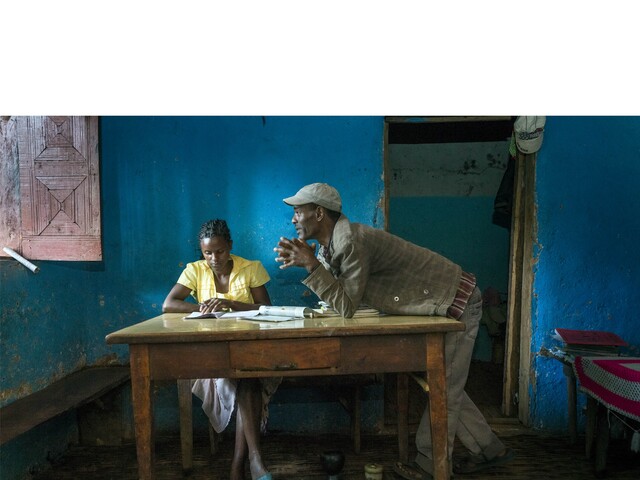
The learning platform for water, sanitation and hygiene systems strengthening
Course objectives: This course is for anyone wanting to know how to (facilitate stakeholders to) develop and implement district-level long-term strategic plans for ensuring sustainable water, sanitation and hygiene services for all. This is also called a district water, sanitation and hygiene (WASH) master plan.
Course content: This course includes podcasts, animations, graphics, videos, documentation and multiple-choice tests. There is also the opportunity to connect with other WASH sector professionals through online forum discussions. The majority of this course is also available offline. You can download the complete session texts, including all the exercises, via the course resources tab. This allows you to follow part of the course offline. However, you will need to connect to the online platform to participate in the forum discussions, upload the materials you create and complete the multiple-choice tests and quizzes.
The process of developing a master plan unites people around a common vision"
George Padmore, Asutifi North District, Ghana
A District WASH master plans enables local government to see beyond one year, beyond two years...
Jane Nabunnya Mulumba, Director, IRC Uganda
Session overview: This course consists of 10 sessions and needs to be completed in consecutive order (from session 1 to 10).
Each step for the development and implementation of a district WASH master plan, set out in the roadmap (see image below), is discussed in sessions 4 to 10.
Length: On average, the course takes a minimum of 8 hours to complete.